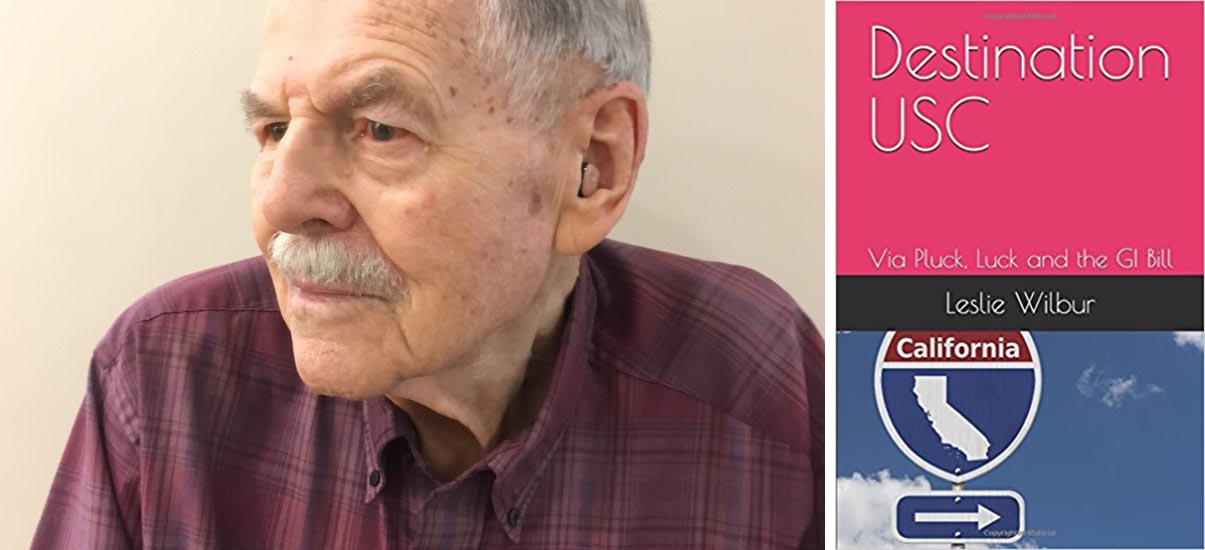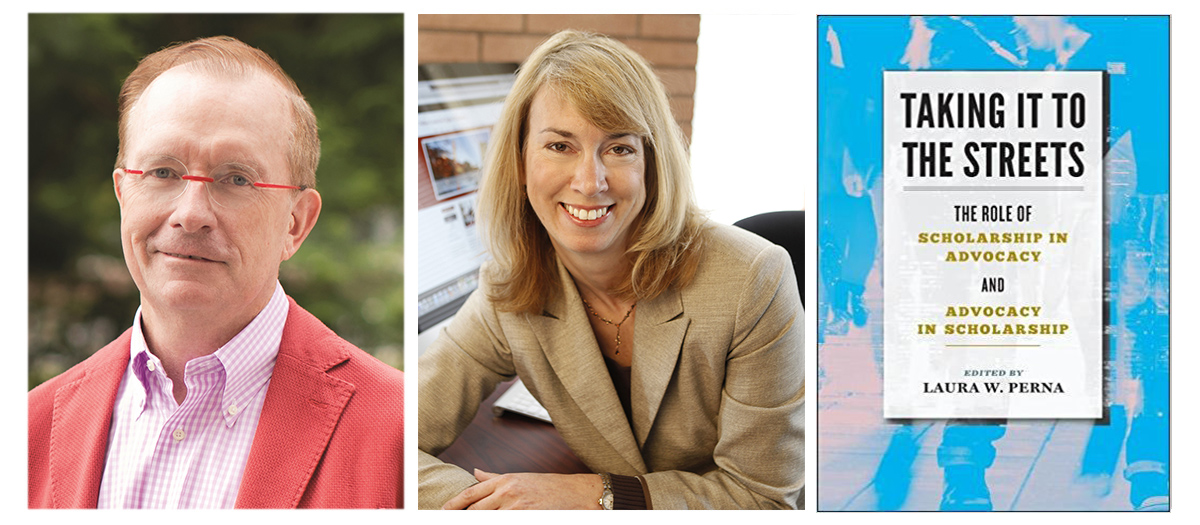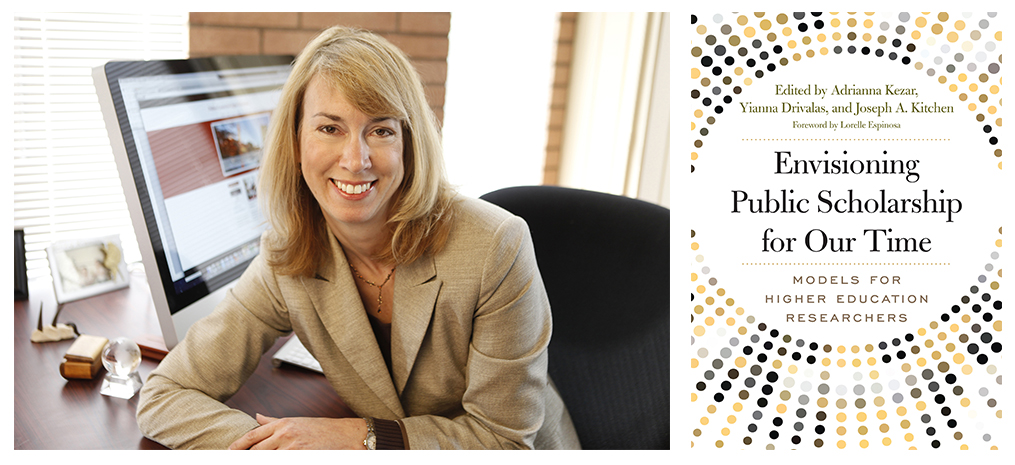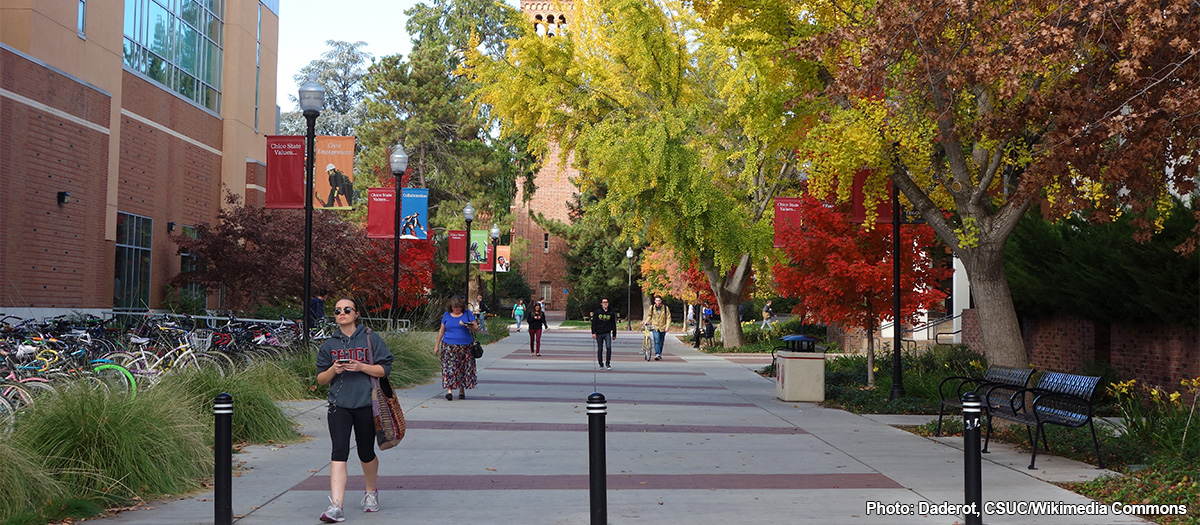How to design better surveys for higher ed research
A new paper illustrates the benefits of a mixed-methods approach that combines qualitative and quantitative tools. Abstract | Full article HTML | Full article PDF Higher education research often gets divided into two categories: qualitative research that relies on more subjective methods like interviews and focus groups, and the numbers-based quantitative research that relies on surveys and measurable records. Combining the two methods still […]








